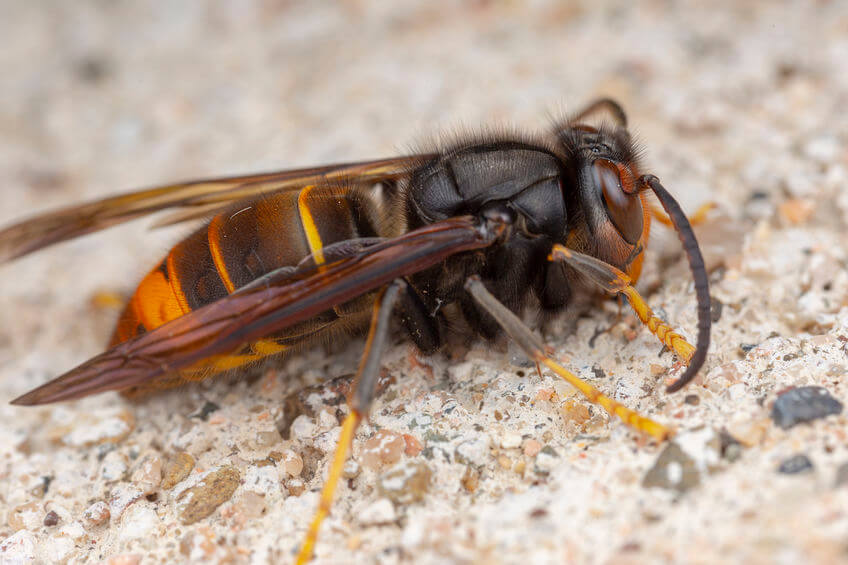Many people in the country have heard the news about the exotic “murder hornets” that have colonized the US for the first time in history. This is certainly not the the type of news story anyone wants to hear right now given the current situation with the deadly pandemic, but many people feel like the murder hornets are worth knowing about. Luckily, the murder hornets have not spread far, as they currently remain only in the northwest. Although San Antonio is located far from the current murder hornet hotspot, many residents, public health officials, and even professional beekeepers have been worrying about the possibility of this sinister insect’s arrival in San Antonio.
The murder hornet is officially known as Vespa mandarinia, and before it earned its current moniker, it was commonly referred to as the “Asian giant hornet.” According to the Bexar County entomologist, Molly Keck, the Asian giant hornet (AGH) likely arrived in the US on a cargo ship from Asia, and it could possibly spread to San Antonio unless it’s first killed off by the cold climate currently gripping the northwest. The AGH may not be able to survive the cooler climate this summer in the northwest, and the following winter may kill off any species that manage to make headway south. However, if the AGH were to arrive in San Antonio before the winter season arrives, it would likely be able to survive the relatively mild winter season in the city and surrounding area. The AGH kills 50 people per year in Japan alone, and researchers claim that they can sting through a protective bee suit. Unfortunately, San Antonio is already home to an exotic stinging insect that also earned a name for its homicidal tendencies. Experts usually refer to this species as the “Africanized honey bee,” but the media has long called it the “killer bee.” These bees kill several Americans every year, and many deaths occur in San Antonio. For example, Africanized honey bees have carried out deadly attacks on yard workers, police officers, and local pest control companies in the city have refused to remove Africanized honey bee nests from homes.
Have you ever encountered Africanized honey bees?







